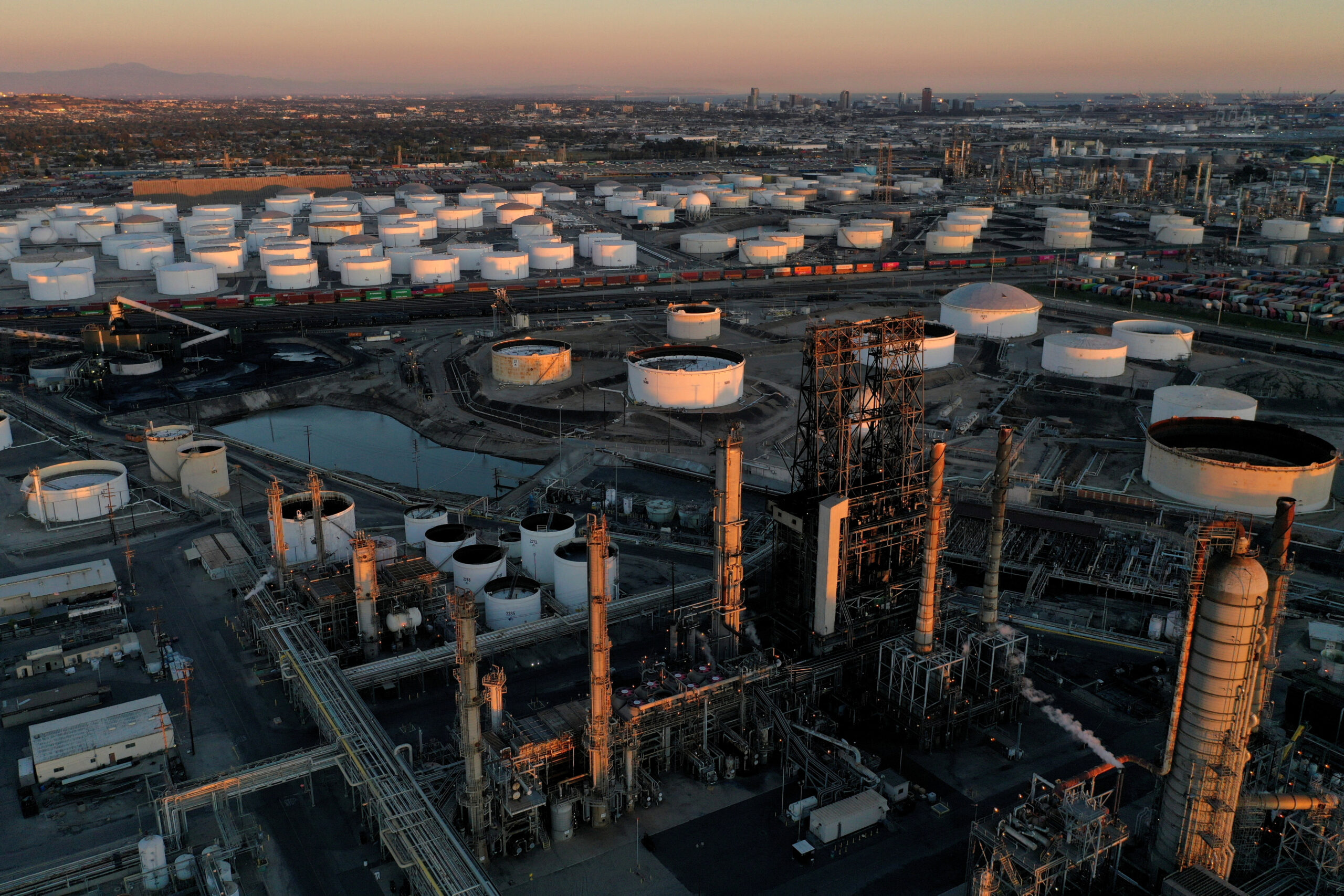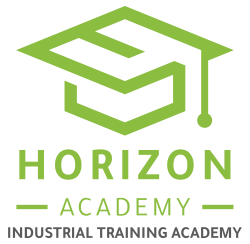Wastewater Treatment Technologies for Petroleum Effluents workshop (4 hrs)
About This Course
About
This workshop will provide a comprehensive overview of Wastewater Treatment Technologies for Petroleum Effluents, specifically focusing on oil pollution. Participants will gain knowledge about the sources, characteristics, and treatment methods for wastewater, as well as the environmental impacts of Petroleum Effluents.
Course Content
- Fundamentals of wastewater treatment.
- Sources of Water Pollution
- Common characteristics of industrial wastewater
- Types of Treatment
- Methods of Waste Minimization
- Physical properties and chemical composition of crude oil
- API Gravity
- Sources of crude oil pollution in aquatic system
- The fate of oil in the marine environment
- Environmental impact of oil pollution
- Physical and chemical factors affecting the bioremediation of hydrocarbons
- Scientific Factors Affecting Bioremediation
- Mechanism of Petroleum Hydrocarbon Degradation
- Treatment technologies for petroleum wastewater
- Environmental regulation of oily wastewater
Learning Objectives
Understand the various sources of water pollution.
Gain knowledge about the Characteristics of Industrial Wastewater: Learn about the specific characteristics of industrial wastewater, such as pH, temperature, suspended solids, and organic and inorganic contaminants.
Explore the different types of wastewater treatment, including primary, secondary, and tertiary treatment.
Discuss strategies for reducing the volume and toxicity of wastewater generated by industries.
Gain knowledge about the physical properties and chemical composition of crude oil, including its components and API gravity.
Understand the various sources of oil pollution in marine and freshwater environments, such as spills, leaks, and runoff.
Explore the processes that affect the fate of oil in the marine environment, including evaporation, dissolution, dispersion, and biodegradation.
Learn about the ecological and economic impacts of oil pollution, including damage to marine ecosystems, fisheries, and coastal communities.
Discuss the factors that influence the effectiveness of bioremediation, such as temperature, pH, oxygen availability, and hydrocarbon concentration.
Understand the mechanisms by which microorganisms degrade petroleum hydrocarbons.
Understand the various treatment technologies used for petroleum wastewater, including physical, chemical, and biological methods.
Understand the environmental regulations and standards governing the discharge of oily wastewater.
Target Audience
- This webinar is suitable for a wide range of audiences, including:
- environmental engineers
- Wastewater treatment plant operators
- Utilities engineers
- O&M engineers
- Fresh graduates
- Chemists and engineers worked in oil and gas industry






